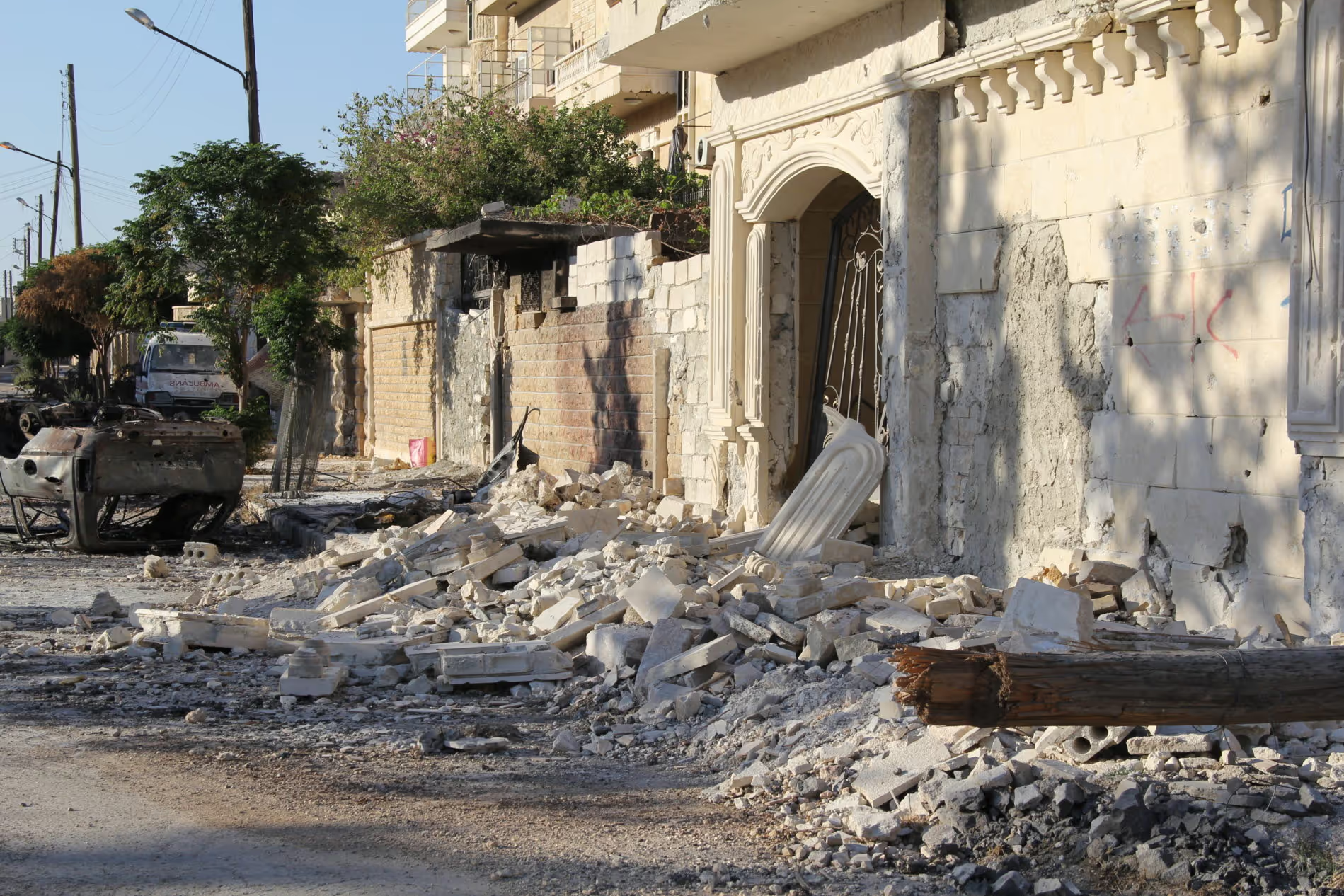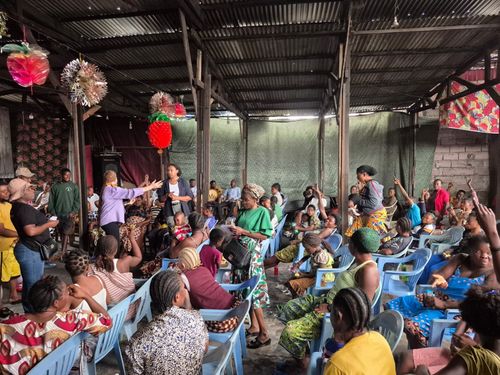Ethical challenges in humanitarian health in situations of extreme violence

Project overview
The study aimed to investigate the nature of ethical challenges experienced by humanitarian health organisations in Syria, where there is significant violence directed at civilians and especially towards health care providers/services.
Project solution
This project offers [specific solution or intervention] to tackle [challenge]. By implementing [strategies, tools, or innovations], the project aims to achieve [desired outcomes]. The approach is designed to [specific actions or methods] to bring about meaningful change in [community, region, or issue area].
Expected outcomes
This project aims to achieve [specific outcomes], such as [measurable results, improvements, or changes]. The expected impact includes [benefits to the target community, advancements in research or innovation, or long-term effects]. By the end of the project, we anticipate [specific changes or milestones] that will contribute to [broader goals or objectives].
Principal Investigator: Leonard Rubenstein, Johns Hopkins
Purpose
The study aimed to investigate the nature of ethical challenges experienced by humanitarian health organisations in Syria, where there is significant violence directed at civilians and especially towards health care providers/services.
The research sought to provide processes and mechanisms, as well as practical tools, to guide humanitarian health organisations through complex ethical challenges facing them in these settings. For example, when a hospital is attacked and cannot continue operations, is it better to rebuild at the same location or move to a safer one farther away– even when doing so may hinder access to health care for some individuals and communities?
Outcomes
The study conducted a literature review. This was followed by key informant interviews with organisation managers and front-line health workers holding a range of clinical and management positions within health organisations working in Syria.
The research investigated the challenges they had experienced in delivering health services in Syria, how the challenges affected their work, and the approaches they take to resolve them.
The researchers then conducted in-depth interviews with front-line health workers to learn of the challenges they face and how they sought to resolve them, Inter-organisational workshops were held to share initial findings and pilot test the ethical framework
Key Findings
- Frequent ethical challenges arise for organisations working in conflict settings, and are particularly difficult when health workers and facilities are themselves subjected to violence that both puts them at severe risk but affects their obligations to serve communities in need
- Humanitarian organisations can better address ethical challenges faced in conflict settings by establishing internal procedures and mechanisms and utilising existing tools to approach the challenges in a systematic way.
- Organisations are encouraged to commit time and resources for addressing ethical challenges, including: the use of decision-making tools, organisation-wide training, and engaging
Key Outputs
- An ethical framework, tool and guidelines to enable humanitarian health organisations to make ethically sound decisions concerning health care provision in situations where there is violence against health services.
- Training materials to support humanitarian organisations incorporate the tool and guidelines into pre-departure trainings for health workers, apply them in field settings characterised by extreme violence, and monitor and evaluate them.
- Results presented at a Global Health Cluster meeting and with humanitarian funders (including USAID and DFID).
- Findings published in multiple articles and a book chapter.
;
RESEARCH SNAPSHOT
Get an overview of this research study and its findings in this research snapshot.
[.cta_link]View[.cta_link]
Project delivery & updates
Stay up to date with the latest developments from this project. Here, you will find details on what has been delivered, resources created, and regular updates as the project progresses. Access key documents, reports, and other materials to see how the project is making an impact.
Resources
Report
LEARN MOREReport
LEARN MOREJournal article
LEARN MORE





